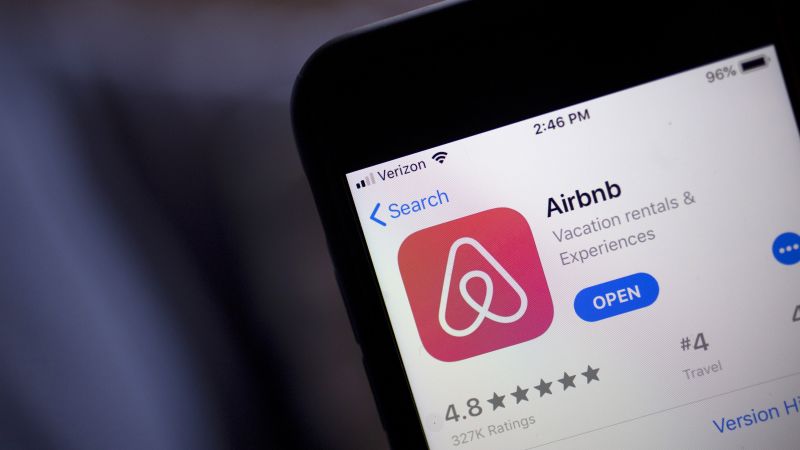Airbnb is making efforts to allow more renters, in addition to homeowners, to host on its short-term rental platform. The company is advocating for short-term rental rules that do not exclude renters from participating in the side-hustle of renting out their space to earn extra money. While some areas, like New York City, have pushed back on Airbnb due to concerns about housing supply limitations and disruptions in neighborhoods, Airbnb argues that their service can provide economic benefits to hosts and communities.
The company’s focus on allowing renters to host on the platform is rooted in its origins, where two of its co-founders initially rented out their space to pay their rent in San Francisco in 2007. Airbnb recently achieved a victory in Virginia, where a bill was signed into law requiring localities to issue short-term rental permits to tenants who have permission from their property owner. This move comes at a time when homeownership is becoming increasingly challenging for younger Americans, and the gap between Black and White homeownership continues to widen.
Renters who wish to host on Airbnb will still need permission from their landlord, and cities like New York are implementing stricter regulations on the short-term rental market. Some renters, like tech consultant Rahul Bhaskar from San Francisco, have been able to rent out their space on Airbnb to offset rising costs and continue living in their desired locations. Airbnb’s vice president of public policy, Theo Yedinsky, emphasizes the importance of respect and good hosting practices for all hosts on the platform.
The platform’s new policy of allowing renters to host provides an opportunity for individuals in disenfranchised or lower-income communities to leverage Airbnb’s benefits. This move is particularly significant as high mortgage rates and inflation are impacting consumers, making homeownership less attainable for many. By enabling renters to earn supplemental income, Airbnb is providing a viable solution for individuals facing financial challenges and looking for ways to offset increasing living costs.
While the new policy is a step towards inclusivity and economic empowerment for renters, they must still abide by individual lease agreements between property owners and tenants. Airbnb’s efforts to work with state and local governments to advocate for more inclusive short-term rental rules show their commitment to expanding hosting opportunities for a wider range of individuals. By allowing renters to list their space on Airbnb, the platform is democratizing access to the sharing economy and providing avenues for individuals to generate additional income, especially in times of financial uncertainty.


